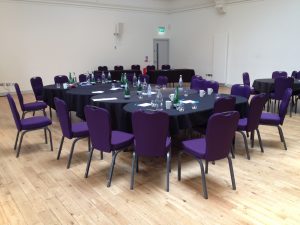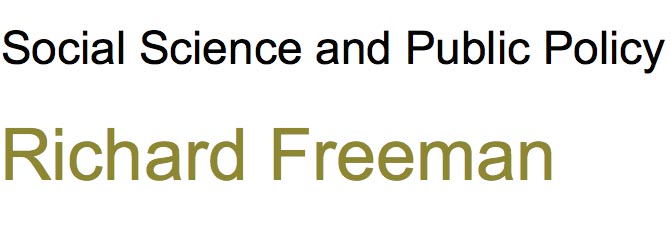 What do people do when they are doing politics? What does politics consist of? What is political work and how is it done? What’s it like being an activist, a bureaucrat or an elected representative? What happens in meetings, and how is politics done in talk? Why do documents matter so much in doing politics, and how does politics inhere in material artefacts, spaces and buildings, too? This course seeks to explore the microsociology of the political process, drawing on a range of perspectives from different disciplines.
What do people do when they are doing politics? What does politics consist of? What is political work and how is it done? What’s it like being an activist, a bureaucrat or an elected representative? What happens in meetings, and how is politics done in talk? Why do documents matter so much in doing politics, and how does politics inhere in material artefacts, spaces and buildings, too? This course seeks to explore the microsociology of the political process, drawing on a range of perspectives from different disciplines.
The course is designed for students on MA (Hons) programmes in any discipline in Social and Political Science. It’s taught solely through seminar-based discussion of ethnographic case studies and primary materials, and is assessed by students researching and writing case studies of their own. Some of the thinking behind the course was written up as ‘Teaching politics after the practice turn’ (2017).
These are some of the things students have said about it:
- This is the first time that a course gave me the feeling of learning together with my class, as opposed to simply being provided with knowledge as an individual. It did what a course should do: provided the space for us students to throw around ideas and develop them collectively with minimal sense of judgement. The course, including the assessment, pushed the boundaries of my comfort zone in a productive way and, by enabling me to explore new ways of looking at political processes, made me a more critical and creative thinker (Edinburgh, 2015)
- Case focus, real events, not theory-heavy. Far more effective in equipping for real-world (Edinburgh, 2016)
- The nature of the course is that it is what one makes of it. It’s a brilliant course because it forces us to think about what we understand by politics: the course doesn’t really provide many answers, it’s not supposed to, just poses some very broad and beautiful questions. The most valuable part of the course is that it makes me reconsider what I once thought mundane, banal and exciting and now I smile when I consider everything that I was taking for granted (Edinburgh, 2017)
-
This course has been so incredibly beneficial in helping me to find a niche in politics I truly find exciting, it has given me a structural framework to think about my personal challenges. Your encouragement to research more about disability has been essential in my self-acceptance and ability to carry on through a rough patch and I feel a lot more equipped to deal with my health moving forward (Edinburgh, 2018)
-
I would just like to sincerely thank you for the time and effort you put into the course, and for providing us with a great occasion of growth, before anything else (Vienna, 2019)
-
That was revolutionary (Vienna, 2019)
